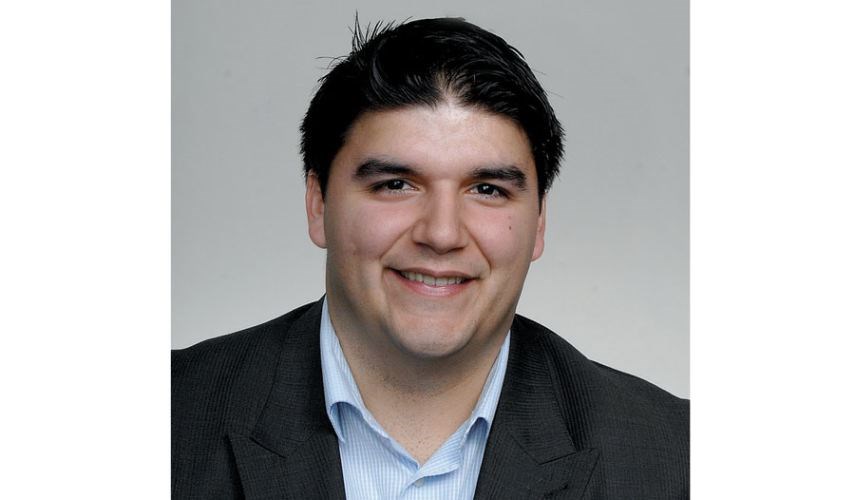What is justice?
While I attended Trinity Western University, this was the question every political science class was asked at the very beginning. That's because ultimately, given the religious nature of TWU and given that we were not taught to define political progress by Machiavellian standards, our professors wanted justice to be our foremost concern in life. And while all of us students spent hours stretching the following definition to fill our essays the night before the deadline, our majority conclusion was simple: justice is giving a man his due.
At first glance, that seems like a simple aphorism, and I will be the first to admit that justice is a difficult thing to administer. Those terrorists in France deserved death for their injustice against freedom of expression in January, but at the same time, don't be surprised if you're locked up for yelling "fire, fire!" over at Theatre Northwest when there is none. Clearly expression has its limits, limits that are prescribed by justice. In fact, at all times our behavior is limited in different ways by what context we find ourselves in. And, if we were informed beforehand or could reasonably be expected to deduce the nature of our situation, we cannot say we were unjustly treated by these limitations. Full stop.
So why does this subtle yet widely believed approach to human behavior and its parameters suddenly become "intolerant" when we are speaking of TWU's community covenant? Trinity is a private, religious institution, and as such, it has the right to ask its students to abide by certain codes of conduct while they are enrolled there. There are precedents for this going back centuries, and even our very recently adopted Charter of Rights and Freedoms was written by social liberals and conservatives who fully believed that churches and other religious institutions could dissent from its equality provisions. As obtuse as some of those authors were, even they did not believe they had the right to dictate private or religious beliefs from Ottawa.
This is the exact point that Justice Campbell made in his decision last week when he sided with TWU against the Nova Scotia Barristers Society. The NSBS had tried to head off TWU's future law-graduates, saying it would not allow them to practice in the province because the community covenant asks students to abstain from extramarital, non-heterosexual intercourse while they are enrolled. Campbell called this what it was, an overstepping of the NSBS's jurisdiction, stating emphatically, "Like churches and other private institutions [TWU] does not have to comply with the equality provisions of the Charter. It has not been found to be in breach of any human rights legislation that applies to it. ... The Charter is not a blueprint for moral conformity. Its purpose is to protect the citizen from the power of the state, not to enforce compliance by citizens or private institutions with the moral judgments of the state."
What is justice? Clearly, it is not what a great deal of the overly politically correct, concerned citizens define it as: to undo all moral codes opposed to their own, utilizing any means, including the state's power, if necessary. Private beliefs, especially when held and supported by freely associating private citizens, are not the public's business. Imagine that.
We should all be thankful for this decision by Justice Campbell, as we have many examples in the 20th century of states dictating and enforcing private beliefs, and I for one do not want my private opinions to become cause for imprisonment. It must be understood that justice will always be a tension-filled relationship between individuals and the group, private and public, church and state - often times imperfect. But that is no excuse to force a single code of beliefs on everyone, no matter how tempting. Justice requires liberty, and liberty requires free belief.



